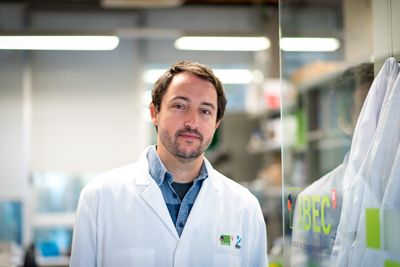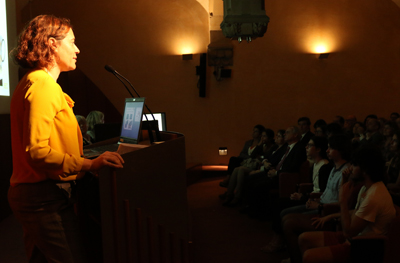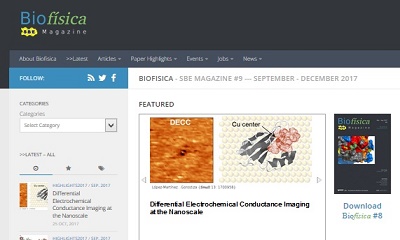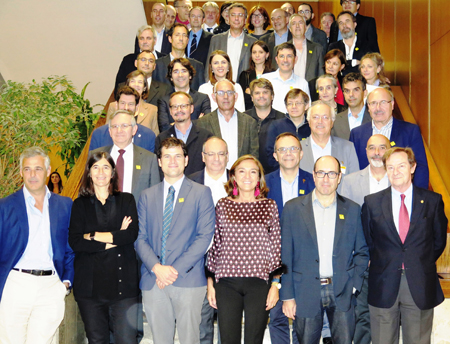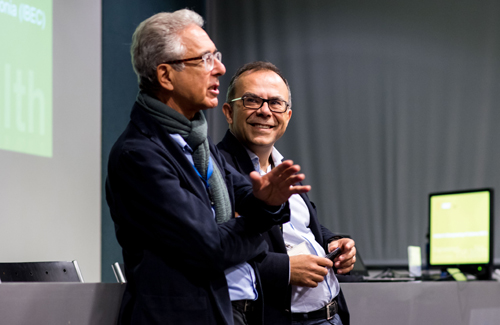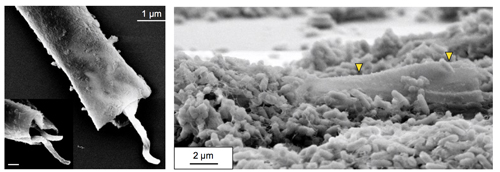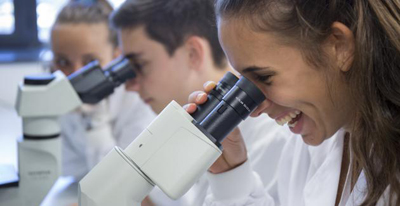IBEC investigators show that physical forces activate genes involved in cancer
 In their effort to shed light on the role that physical forces play in the body, Pere Roca-Cusachs’ group at IBEC has shown how these forces ‘switch on’ the expression of genes that may result in cancer.
In their effort to shed light on the role that physical forces play in the body, Pere Roca-Cusachs’ group at IBEC has shown how these forces ‘switch on’ the expression of genes that may result in cancer.
Cells apply mechanical forces to their surrounding tissue, and this mechanical effect is crucial for tissue function. In diseases such as cancer or liver and lung fibrosis, tissue rigidity and mechanical forces increase, promoting the progression of the disease.

